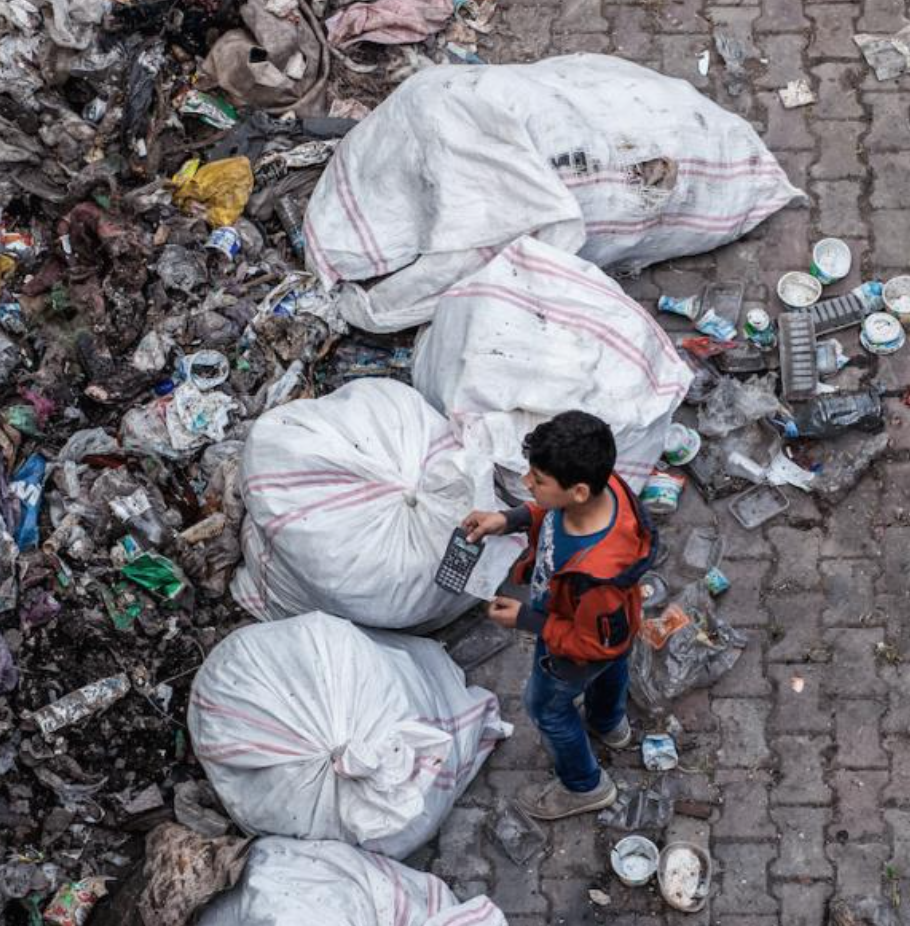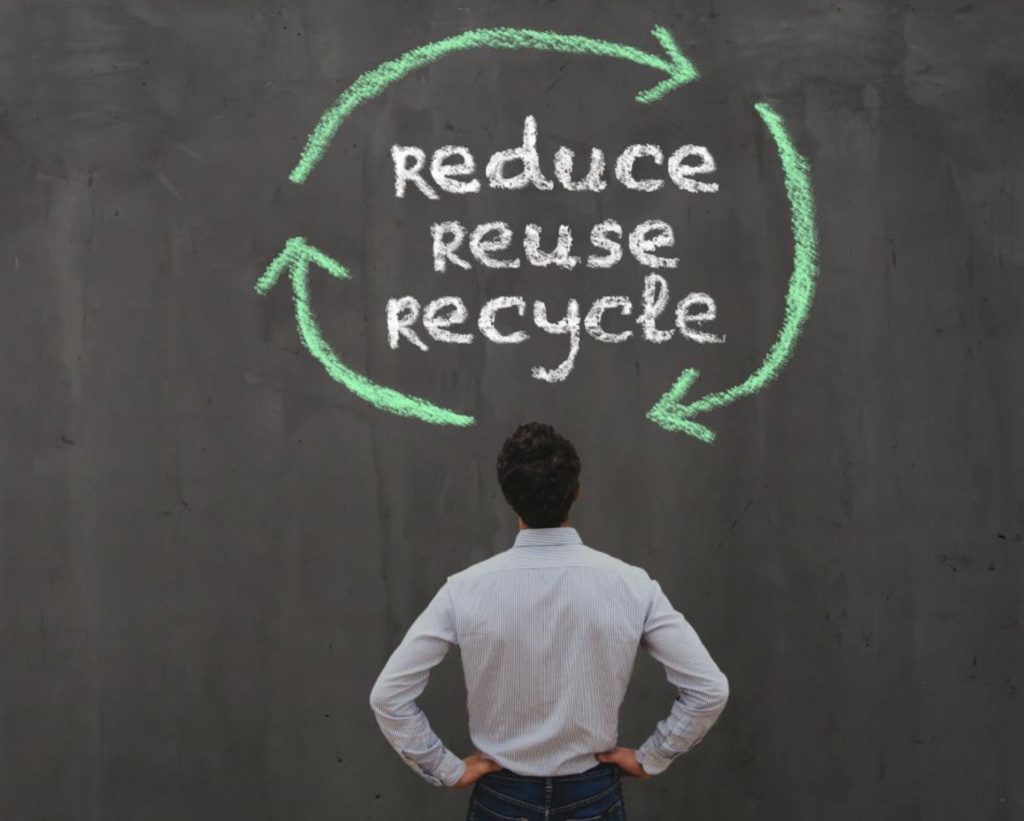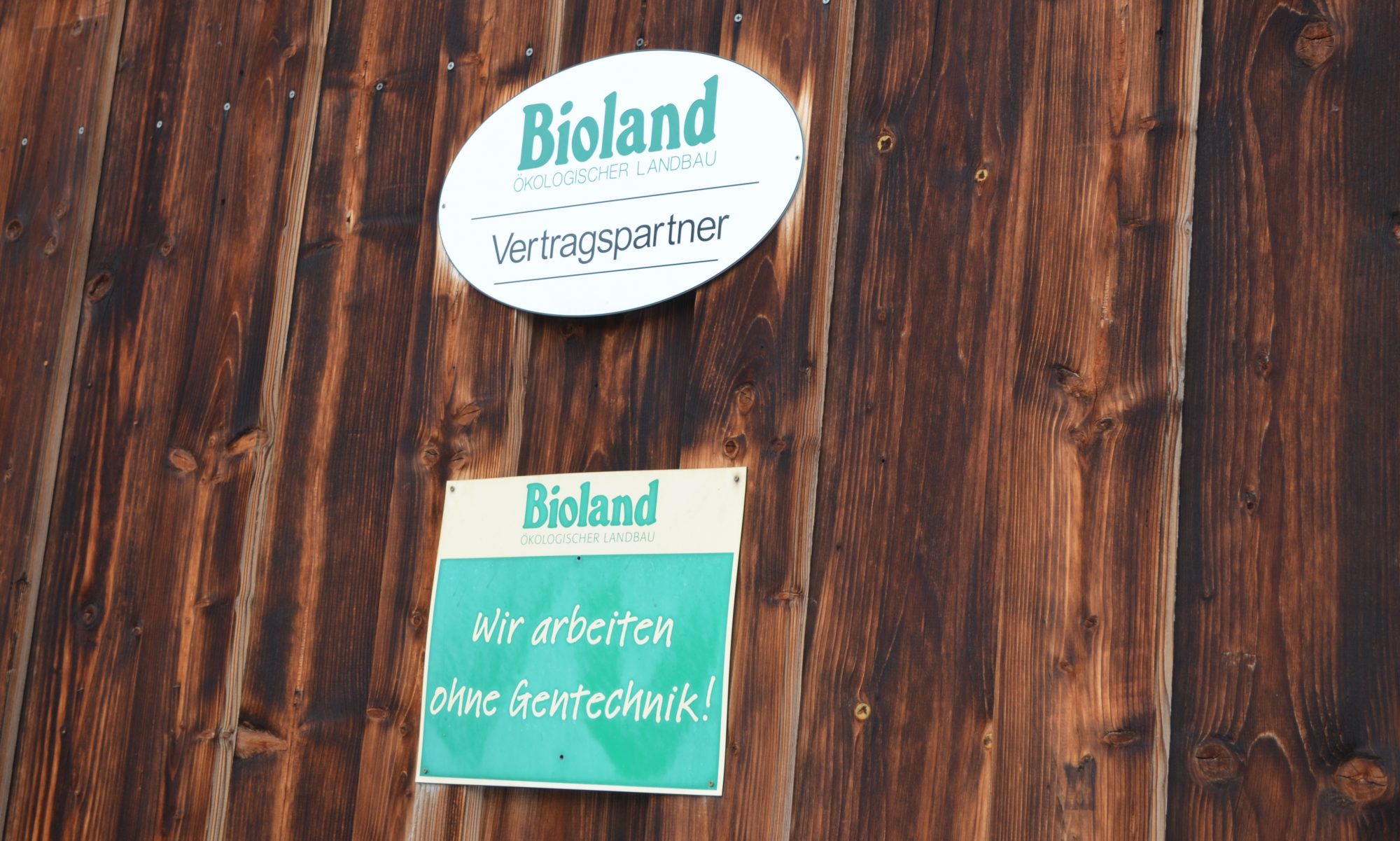Announcement of new blog series
During the upcoming weeks we will present different blog posts on this Smartes.land page that provide global, national and local Initiatives to reimagining places and development trends. We call this series “Sustainable Future Cities, Towns and Communities”.

Many cities, places and territories have to reimagine, redefine and reorient their own development path to promote a more sustainable and place-based future development. Unsustainable and non-resilient growth and production patterns, one-dimensional innovation directions and structural change processes have contributed to the climate crisis as one of the greatest global threats to recent and coming generations. It is threatening livelihoods, ecosystems, welfare, social and economic structures and future opportunities.
We support cities and towns in the promotion of more sustainable and innovative development initiatives. For sustainable transformation, local organisations, stakeholders and policy representatives need to get an idea about what is possible, where to start, how to link certain entry points, and finally how to design concrete smaller and larger initiatives that altogether lead to a more dynamic, creative as well as livable place.
The concepts and concrete examples that we will present are all related to locations, rural and urban, that take the chance to make use of creative and innovative opportunities to walk new paths.

We are interested in this series for different reasons that are explained in the following abstracts.
Reimaging our perspective on places and promoting the transition of territories towards a more sustainable (economic) development path
In our international consultancy work on local economic and innovation promotion, we have noticed that an economic lens alone narrows the circle of creative solutions. Based on the international sustainability goals (SDGs) but also on the European Green Deal and national funding programmes in the EU, a multitude of new approaches and local experiments have emerged that ask us to reimagine our traditional ways of how to see the locations.
Mesopartner has planned a series of events this year on the theme of „Reimagining Place„, in which we would like to reflect with colleagues on the topic of what they see as necessary to reorient the way we look at cities, towns and villages as thriving places. We have published several articles over the past year on how we are rethinking our role as a consultancy. These included introductions on how to approach the topic of „transformation in cities and rural areas“ from the perspective of local economic development as well as where we see approaches to promote local circular economic cycles in cities, towns and villages. An interview with Dirk Messner, the head of the Federal Environment Agency, also provides insights into why a transformation in cities is necessary.
This series provides ourselves to dig deeper into this field of exploration.
“Presenting interesting experiments and conceptual approaches”
People and organisations in many cities, places and territories have started to reflect on how they want to live and on the future direction of the location they live in. In many cities, locations and regions we work in we identify an increasing number of people, businesses, organisations and think tanks that want to encourage a more sustainable development path, linking better social, economic and environmental values and quality of life. Presenting these experiments and experiences on how to work towards reaching climate change objectives but also to overcome populism, increase inclusion of different actors and to live and produce in a more environmentally friendly way is key in this series. Buzzwords like “sustainable cities”, “smart cities”, “circular valley”, “resilient cities, towns and villages in transition” provide a glance about the many initiatives that are approaching the topic from different perspectives and also certain values that are driving them. Making these interesting experiences and approaches more visible is one of our interest in this series.
“Providing space for reflection and ideas for action“
The blog series and the shared examples will provide good reflection opportunities on how to promote new territorial development dynamics. Each blog post will also provide concrete ideas on how to make use of the presented examples in our own work. Through the suggestion on concrete possible steps forward, we want to encourage colleagues, local and regional support organisations, stakeholders and policy representatives to themselves experiment with the design and testing of concrete smaller and larger initiatives.

“ Visualizing a large number of experiences to promote systemic interventions”
Another attempt of the blog series is that we are ourselves interested to bring structure into the large number of ongoing initiatives on urban and rural place-based transformations worldwide but also in specific regions in German speaking countries. There are many initiatives that emerge from very different backgrounds and perspectives. Certain initiatives seem to follow a rather highly motivated but also isolated approach. In order to achieve a larger impact, they sometimes miss a systemic focus with support efforts at the civil society-level, business-, organisational- and policy levels. In the different blog posts we will make use of the systemic competitiveness framework to locate the given examples and reflect on their systemic orientation.
“Taking the smartes.land interpretation forward”
The series is linked to our Hexagon “Smartes Land “, especially to the triangle on “Promotion of smart development paths connecting economic, social and ecological innovations”. Our understanding of smart and smartes.land was in the beginning strongly focused on rural areas. The term “land” as a German term can be translated as “rural area”. But “land” also means “region”, a federal state or a whole country. With our systemic perspective we want to link the rural with the larger federal state perspective and make use of the multiple meanings of the term smartes.land. It provides us also the chance to better identify linkages between urban and rural transition dynamics and makes use of experiences in the one or the other.
We want to exchange with other interested people and locations
For us, this series provides also the chance to start a deeper reflection with people, experts and organisations, who want to explore and bounce ideas and experiences with us. We are looking forward to this learning exchange.
This series is written by Frank Waeltring, Marcus Jenal, Ulrich Harmes-Liedtke from Mesopartner and Guido Zakzewski as an expert on territorial development in the federal state of Northrhine-Westphalia. We would like to involve also other guest authors to contribute to this reflection.
